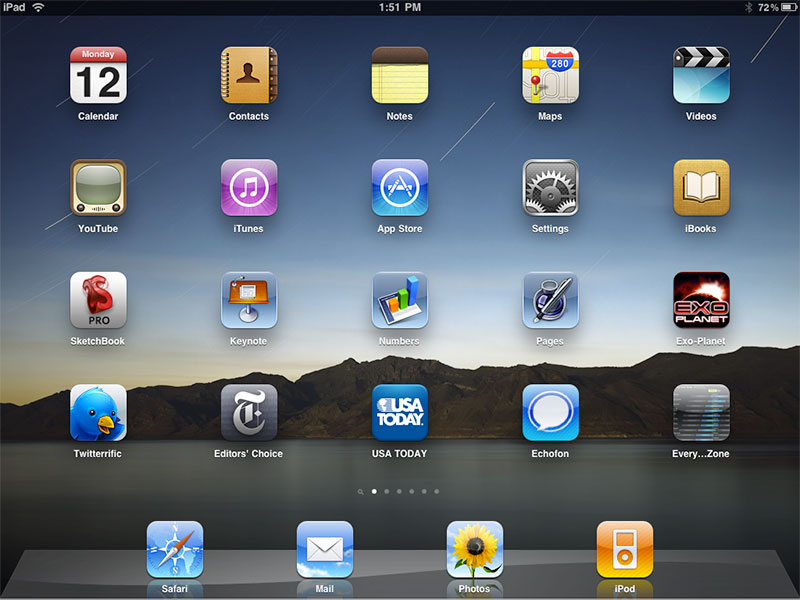
17 Jun Enterprise Mobile App Development: Native, Hybrid or Browser Apps?
While industry terms such as “BYOD”, “MDM” and the “consumerisation of IT” are still hot topics in Enterprise Mobility, Mobile Application Management looks to be the next frontier for enterprise IT.
According to research firm Ovum, “Mobile application management (MAM) is a nascent part of the still-immature overall EMM market, but it is an exciting space that we expect will see huge growth.” While there are a number of great apps available for businesses to take advantage of, developing enterprise mobility applications is becoming increasingly important.
With benefits ranging from encouraging reusability and enhancing existing technologies to allowing users to easily access corporate data, developing enterprise apps are becoming a must have for businesses.
So where can you start?
In this introduction to developing enterprise mobility applications, we will take you through one of the most important steps in the development process – selecting with application development technique to use.
Application Development Options
Mobile apps can be built using one of three following development techniques:
- Native
- Mobile Web (Browser App, HTML5 Apps)
- Hybrid
Native app development is one of the most common development techniques chosen. , This refers to apps that are coded in a particular programming language (for example, Java for Android and Objective C for iPhone) and therefore (is) platform agnostic. They are accessed via icons on the device app menu.
Browser Apps (or Mobile Web Apps/HTML5 apps) are websites that mimic the look and feel of native apps. Typically written in HTML5 and they are run by a browser.
Alternatively, business’ can use the Hybrid Mobile App development technique that combines the convenience of developing with HTML, JavaScript and CSS with the benefits of the native apps.
Developers must make a strategic decision on which platform will be the best after assessing the advantages and disadvantages of each of the mobile development process.
See below for the advantages, disadvantages and benefits for each of the mobile application development techniques.
Native App Advantages

Native App Disadvantages

Native App Are Beneficial For

Browser App Advantages

Browser App Disadvantages

Browser App Are Beneficial For

Hybrid App Advantages

Hybrid App Disadvantages

Hybrid App Are Beneficial For

Ultimately, the development technique selected by developers to create enterprises mobility applications will vary according to the criteria provided by the company. The cost, flexibility, purpose, time to market and at large the performance of the application are key factors the developers must consider.

